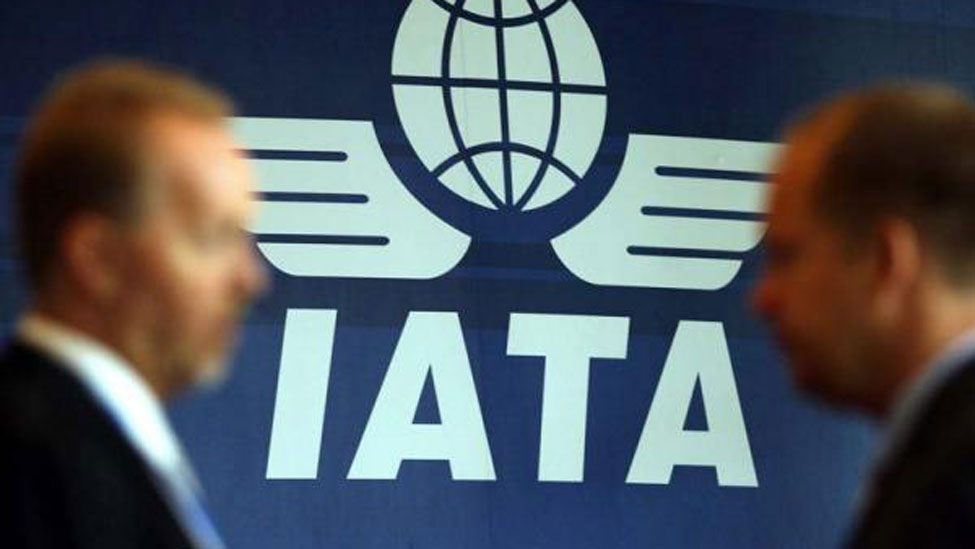
IATA: We all want the freedom to fly sustainably

The International Air Transport Association (IATA) welcomed the commitments towards strengthening climate action made at COP26, and called on the global efforts to decarbonize aviation to be supported with practical, effective government policies.Management of international aviation’s climate commitments sits outside of the COP process and is the responsibility of the International Civil Aviation Organization (ICAO). Nevertheless, airlines at the 77th IATA AGM in Boston, October, agreed to achieve net-zero carbon emissions by 2050, in line with the stretch Paris agreement target to keep global warming to 1.5 degrees.“Airlines are on the pathway to net-zero carbon emissions, in line with the Paris agreement. We all want the freedom to fly sustainably. Reaching net-zero emissions will be a huge task requiring the collective effort of industry and support from governments. The pledges made at COP26 show that many governments understand the key to rapid progress is to incentivize technological change and fund innovative solutions. This is particularly true of sustainable aviation fuels, which will play a major role in addressing aviation’s environmental impact—they need the right incentives from governments to ramp-up production,” said Willie Walsh, IATA’s Director General.A notable outcome from COP26 was the move by 23 nations to sign the International Aviation Climate Ambition Declaration. The Declaration recognizes the need for aviation to “grow sustainably” and reiterates ICAO’s role to implement short, medium and long-term climate goals for the industry. Ensuring the maximum effectiveness of the Carbon Offsetting and Reduction Scheme for International Aviation (CORSIA), and the development and deployment of sustainable aviation fuels (SAF) are key aims of the Declaration.“We are grateful to those states who have signed the International Aviation Climate Ambition Declaration and we urge more countries commit to this initiative. The robust and realistic plan to fly net zero by 2050 agreed by our member airlines can be of great use to ICAO member states as they move forward with a global framework and long-term goal for aviation carbon reductions,” said Walsh.











